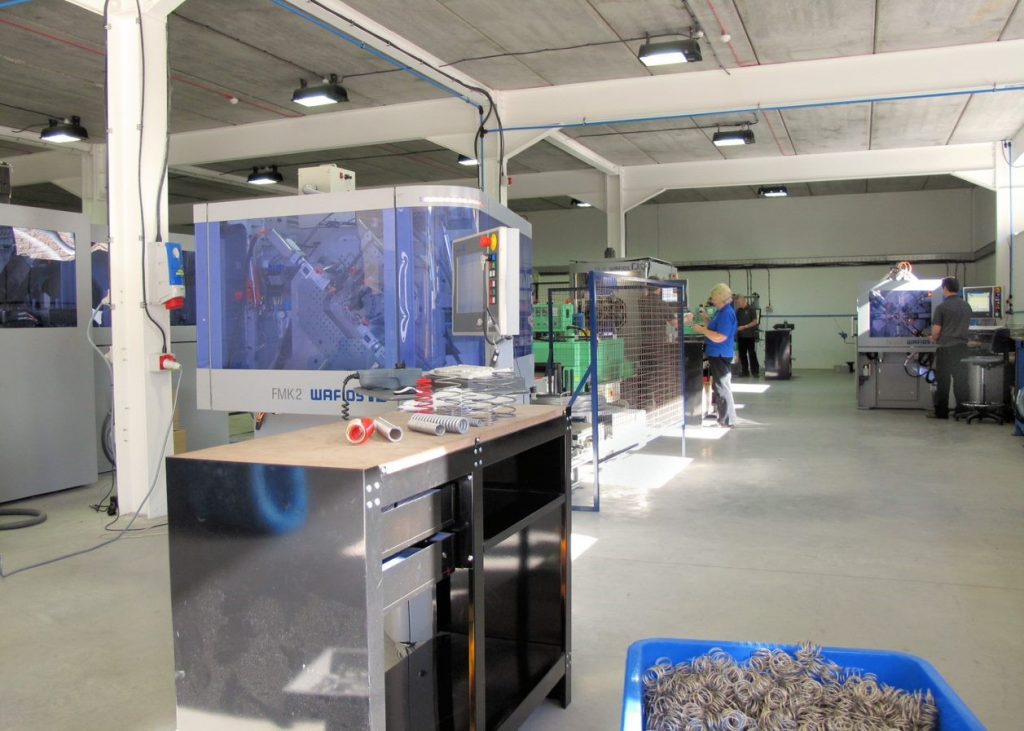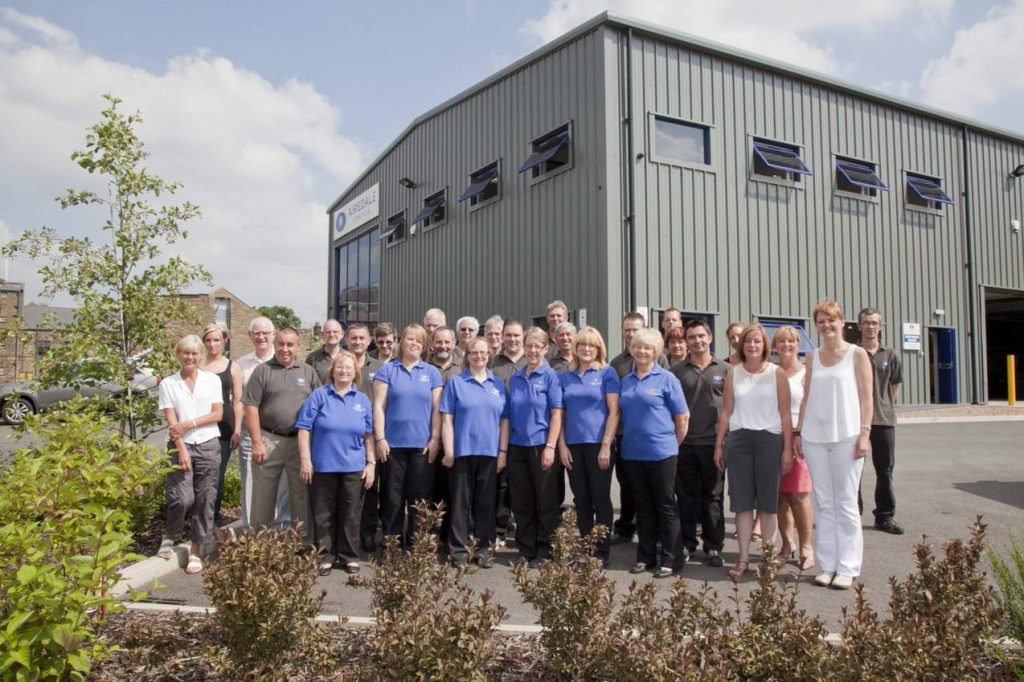One of the biggest challenges most manufacturers are facing in 2019 is ensuring their carbon footprint is reduced as much as possible, whilst also maintaining high levels of productivity and product quality. Here, we will explore some of the simplest ways to reduce your company’s carbon footprint.

Your Carbon Footprint
Your company’s carbon footprint is the total amount of greenhouse gas produced to support human activity. One of the more popular greenhouse gases produced is carbon dioxide, which is where the term ‘carbon footprint’ comes from.
If there were dirty footprints in your home, you would want them cleaning up, which is why everyone should be working hard to clean up their carbon footprint. Carbon footprints are making a mess of our planet, and by reducing our footprints we will have less to do in terms of cleaning it up later.
Why It’s Important
Carbon footprints are made up of greenhouse gases, which have the effect of creating holes in our planet’s ozone layer, which in turn means that our planet is suffering from freak weather and higher temperatures. The result is natural disasters including the melting of the ice caps, flooding, and increased risk of storms.
Climate change, which is brought about by large carbon footprints, is thought to be responsible for no less than the extinction of 2000 species according to The Sixth Extinction released in 2015. The melting of the ice caps will also have a direct impact on human life by causing flooding along certain coastal regions. The scariest by far is the disappearance of the world’s bees, as 63% of humanity’s food is produced with the aid of bee pollination and humanity has not yet developed an efficient method of artificial pollination to replace them.
What You Can Do
There is so much that can be done on an individual and company-wide scale. You should always begin by questioning the use of materials in your life: does your business leave the lights on unnecessarily, are your staff recycling packaging properly, what can you do to reduce waste.
Recycling is a very important process in working towards reducing your carbon footprint because it conserves those materials and saves energy. Creating steel from ore, for example, requires 74% more energy than if you were to recycle scrap steel. If you are conscious about your carbon footprint, you might try to source your products from like-minded companies, like spring manufacturers, who make a conscious effort in sustainability.

Carbon Neutral Country
A carbon neutral country can balance its emissions with recycling and counteractive measures to ensure that its total greenhouse gas output is effectively zero. One way to manage this is to swear off almost all modern products like computers and plastic packaging, which few of us are willing to do. Alternatively, we can collectively eat less meat to reduce methane production in the farming industry, as well as building renewable resources to draw our power from like solar, wind, and hydroelectric power stations.
In a business situation, this could mean swapping out those nasty fossil fuel company cars for electric or hybrid vehicles. Nationwide, it might see a greater focus on the replanting of our country’s great forests to help combat emissions in the long term. By backing one of these initiatives, you can show the public that your company means business when it comes to tackling climate change.
Our Efforts in Environmental Sustainability
We are one such company dedicated to keeping our world clean in the years to come. We believe that a carbon neutral aim is an honourable one, and we have the awards to prove that we’re doing our bit.
In 2013, we were a runner up for the EEF Manufacturing Awards, which measured our environmental efficiency. We came top in our region for our efficiency and commitment to reducing our environmental impact.
The same year, we were the winners of the Keighley Business Awards’ Environmentally Friendly Business of the Year. This was a great time for our company to be recognised for the hard work and dedication put forward by all employees.

We will always consider our environmental impact when introducing new initiatives, but we can only hope that other businesses will endeavour to do the same. Be more eco-friendly by sourcing your products from eco-conscious companies, and reduce your own footprint by backing renewable energy initiatives.


